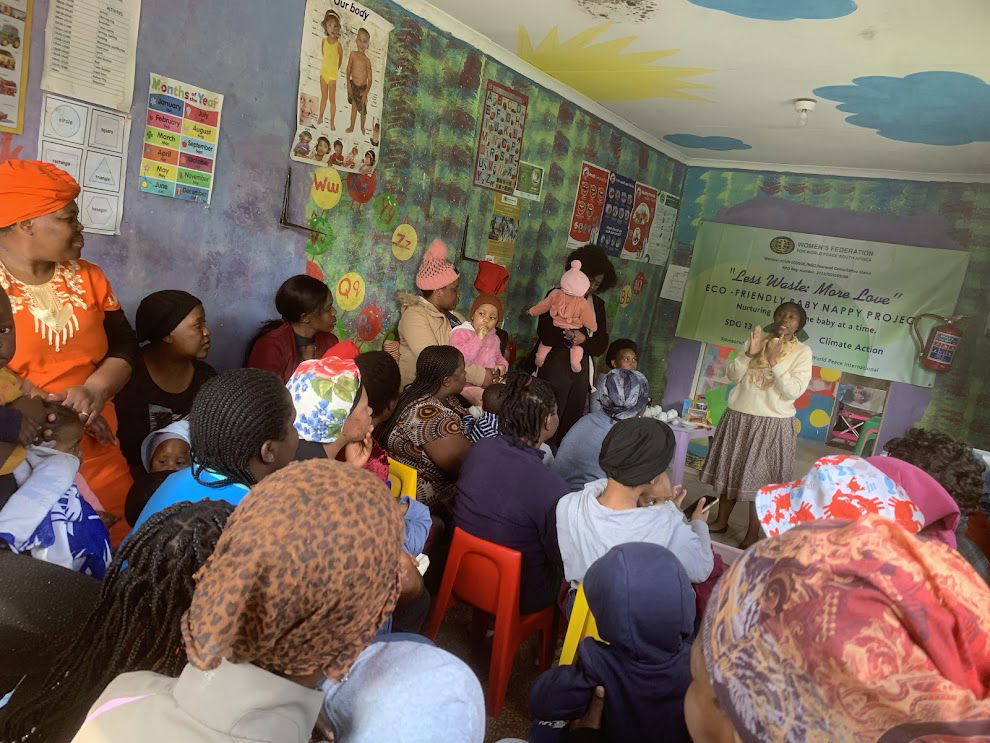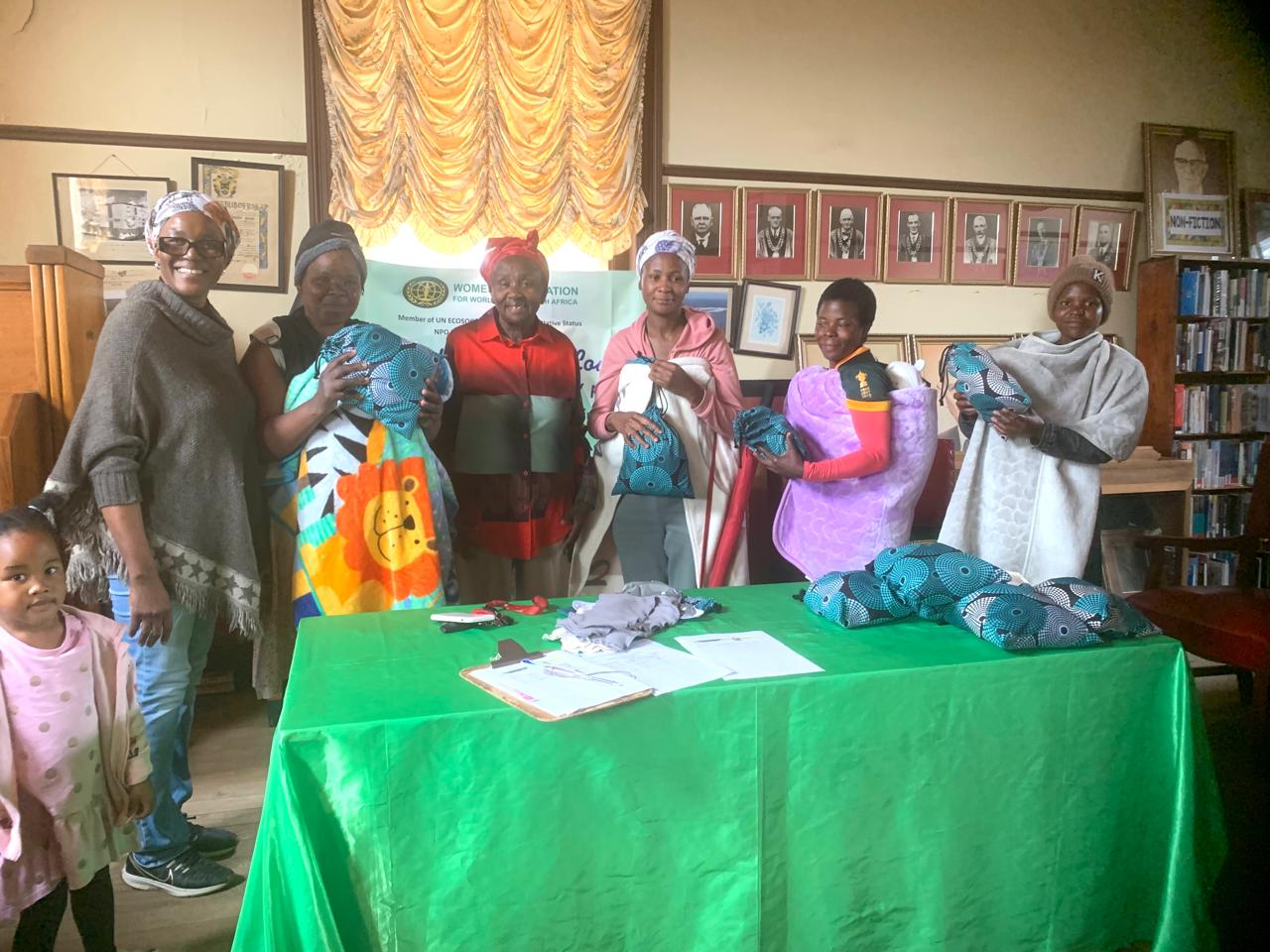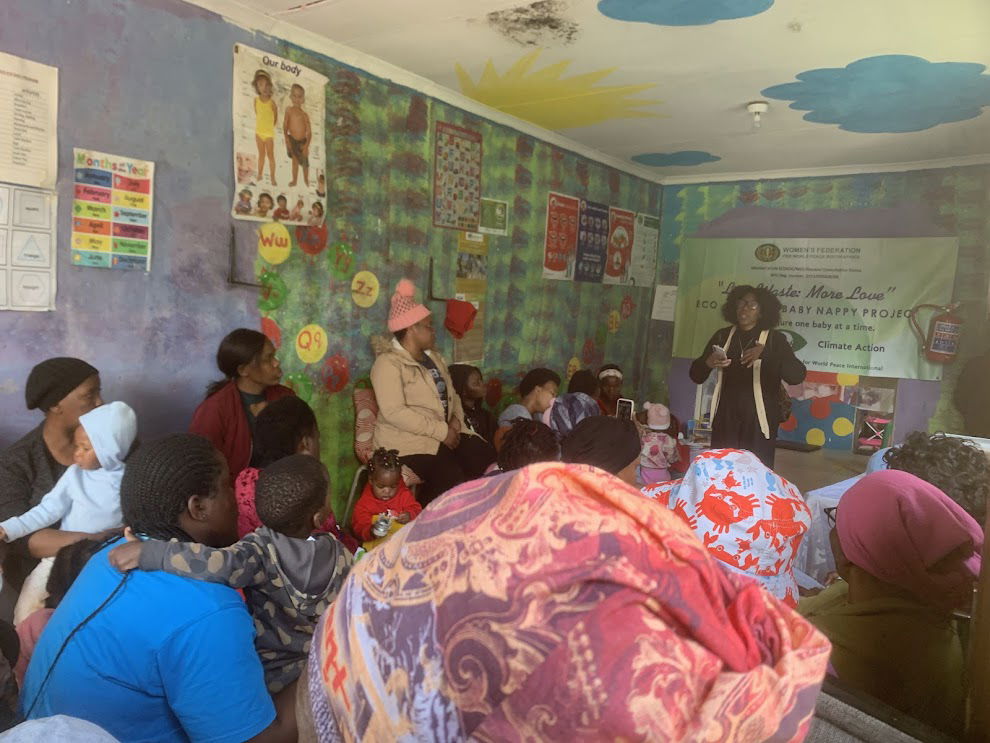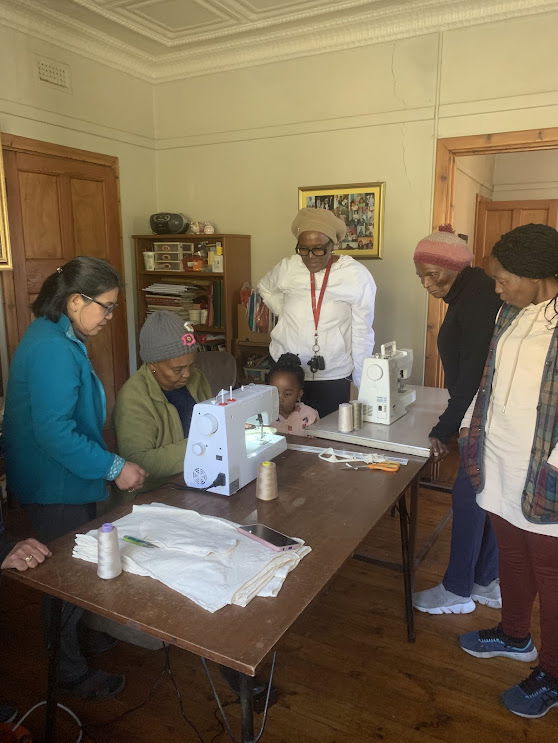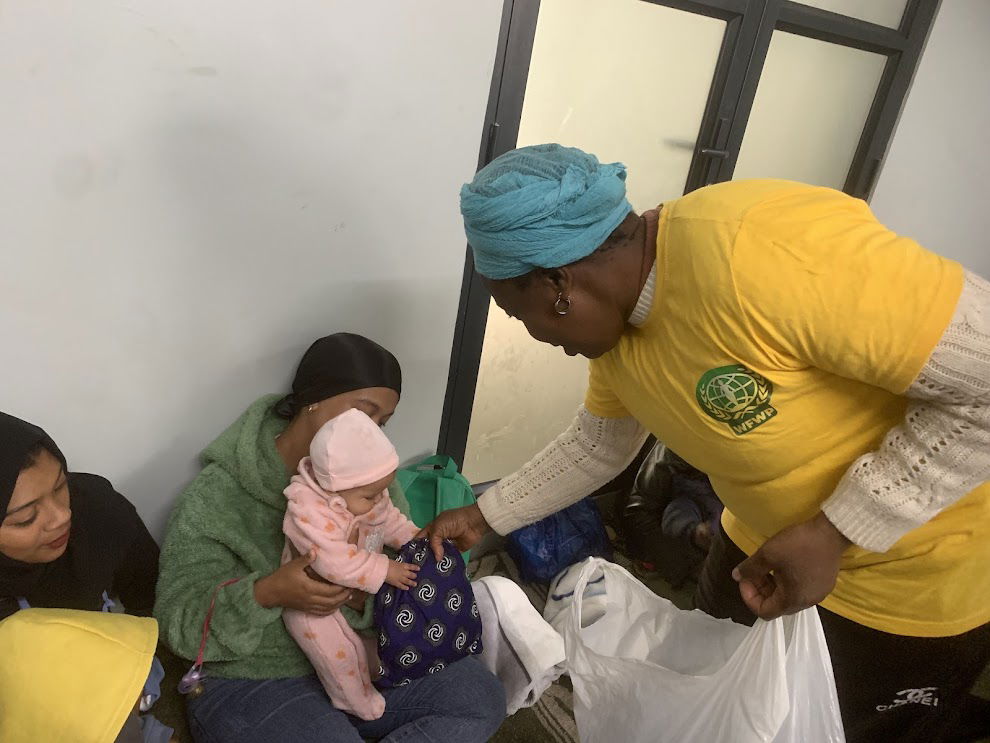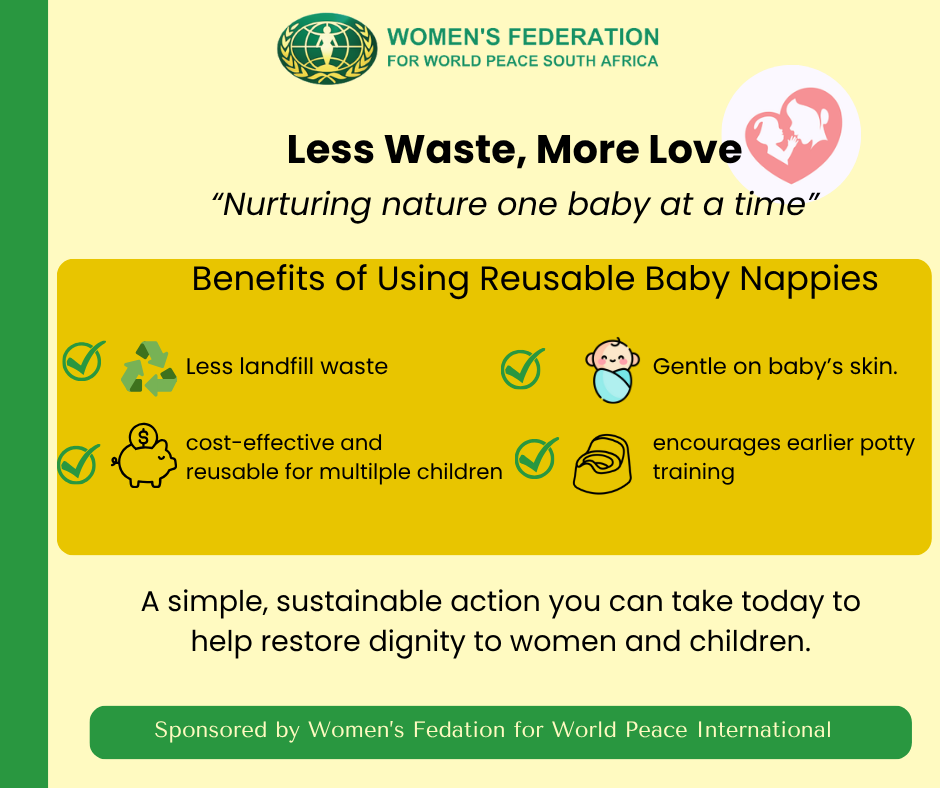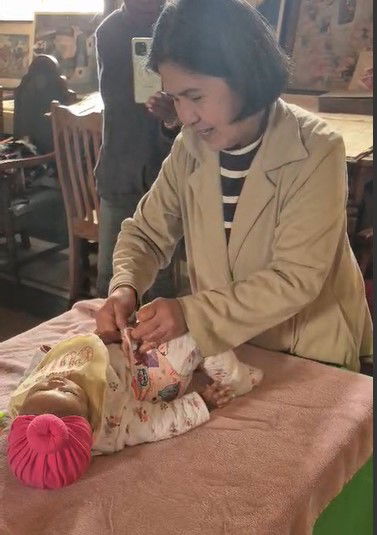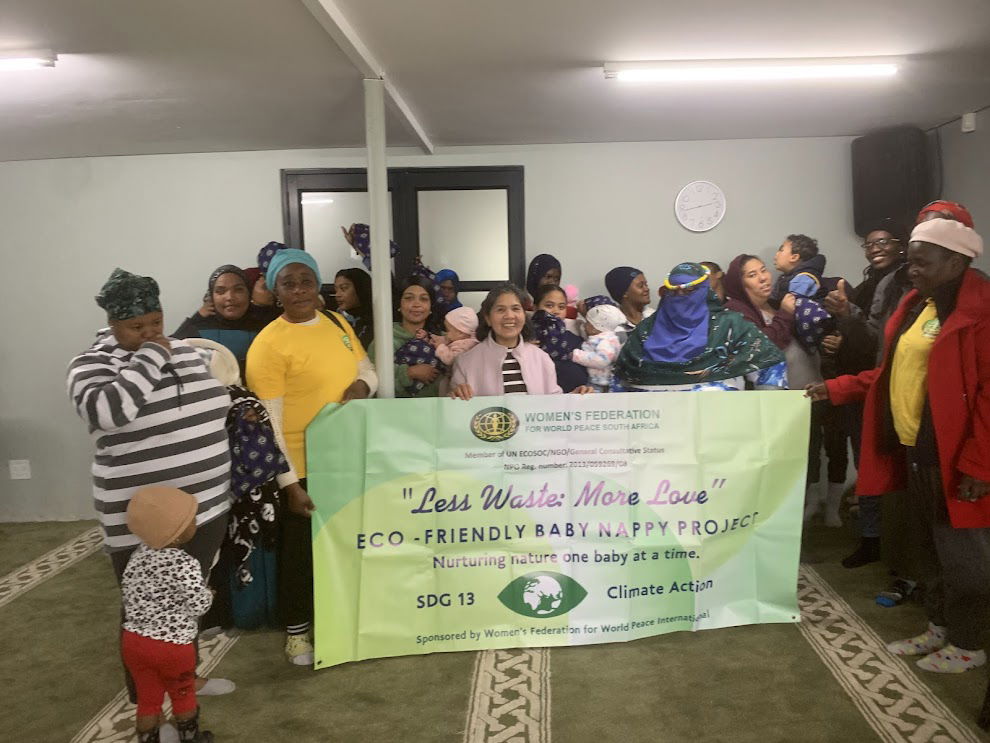"Less Waste, More Love" Reusable Baby Nappy Project
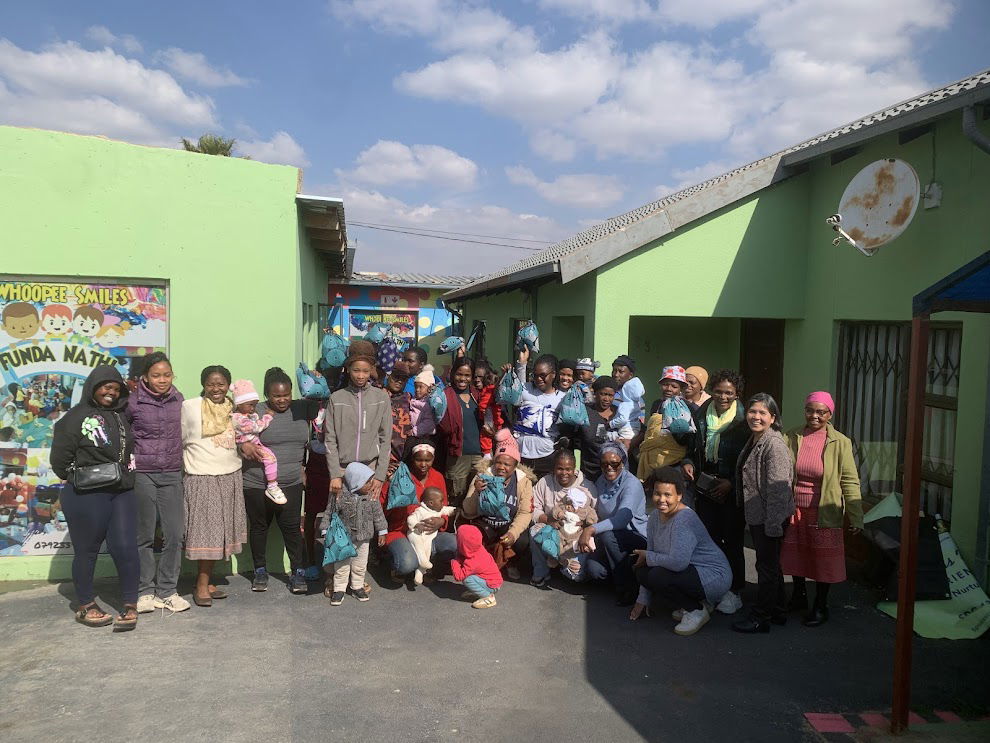
By: Flory Yadao Ledwaba
When a mother holds her newborn in her arms, she dreams of giving that child the best start in life. But for many families in South Africa, the cost of caring for a baby can feel overwhelming. One of the biggest expenses is disposable nappies. Week after week, mothers are forced to choose between buying nappies and meeting other essential needs for their households.It was in response to this reality that WFWP South Africa, with the support of WFWP International, introduced the Reusable Baby Nappy Project.
In three communities, 50 families received cloth nappies that can last up to 10 years. What may seem like a simple gift has lifted an enormous financial burden. Mothers no longer worry about spending a large part of their income on nappies; instead, they can save, plan, and breathe a little easier.But the project was more than just a financial relief. Each mother also learned about the environmental impact of disposable nappies, which are among the largest contributors to landfill waste.
Through workshops, women discovered how a small change in their daily lives could become a meaningful act of climate action—protecting the earth for their children’s future.Health has also improved. The breathable, cloth-based nappies reduce rashes and infections, keeping babies more comfortable and mothers less anxious. For many, this was the first time they had experienced both financial relief and peace of mind together.The project also planted seeds of sustainability.
Some mothers were introduced to sewing skills, with the vision that one day they could produce nappies themselves—not only for their families but as an income-generating activity. What began as relief is now opening doors to empowerment.
One mother, Ms. Mohammed, shared her experience with gratitude:
“For many of us, buying disposable nappies is a heavy strain on our family income. Through these reusable baby nappies, we can save money while still caring for our children in a safe and healthy way. We also learned how this small change helps the environment by reducing waste.”
As the mothers gathered to receive their nappies, there were smiles, laughter, and even tears of joy. They left not only with a bundle of cloth nappies but also with renewed hope—hope for healthier babies, lighter financial burdens, and a cleaner environment.
The Reusable Baby Nappy Project reminds us that true empowerment begins with meeting families where they are and offering tools that transform everyday struggles into opportunities for growth. For these 50 families, a brighter future has already begun.
